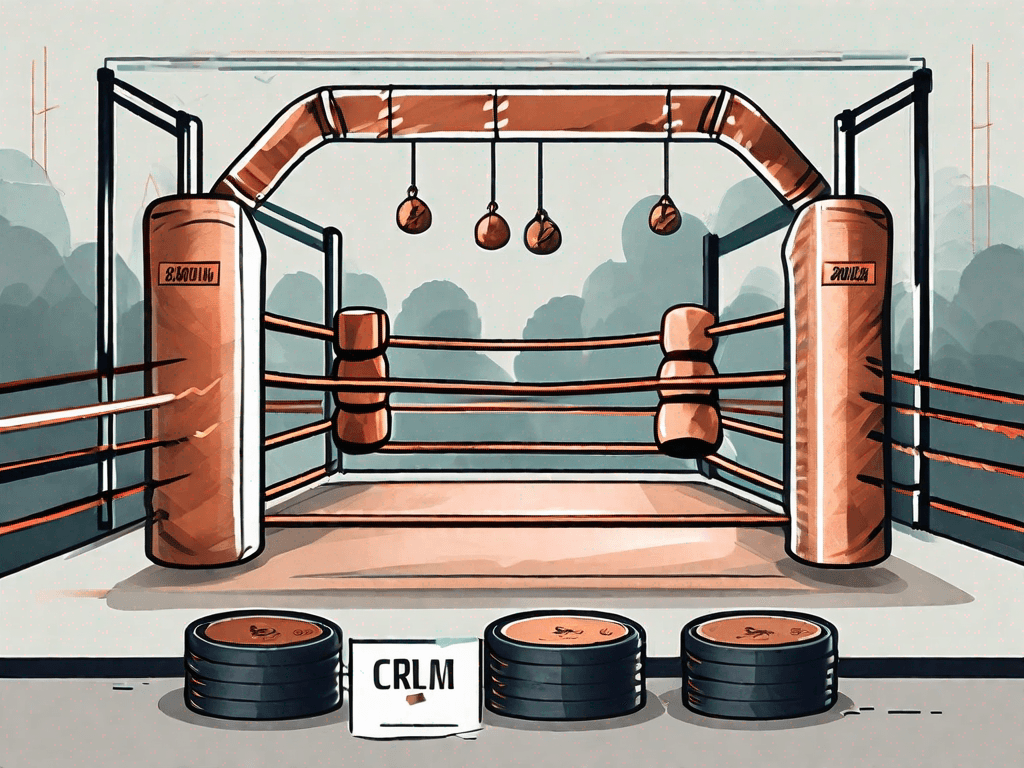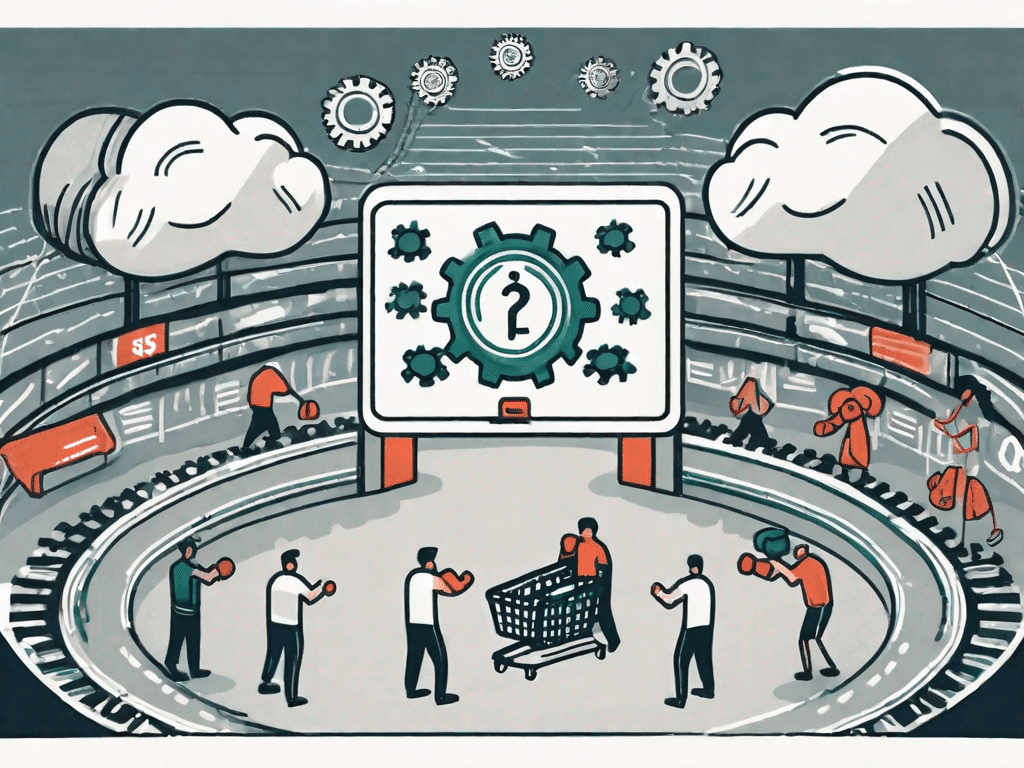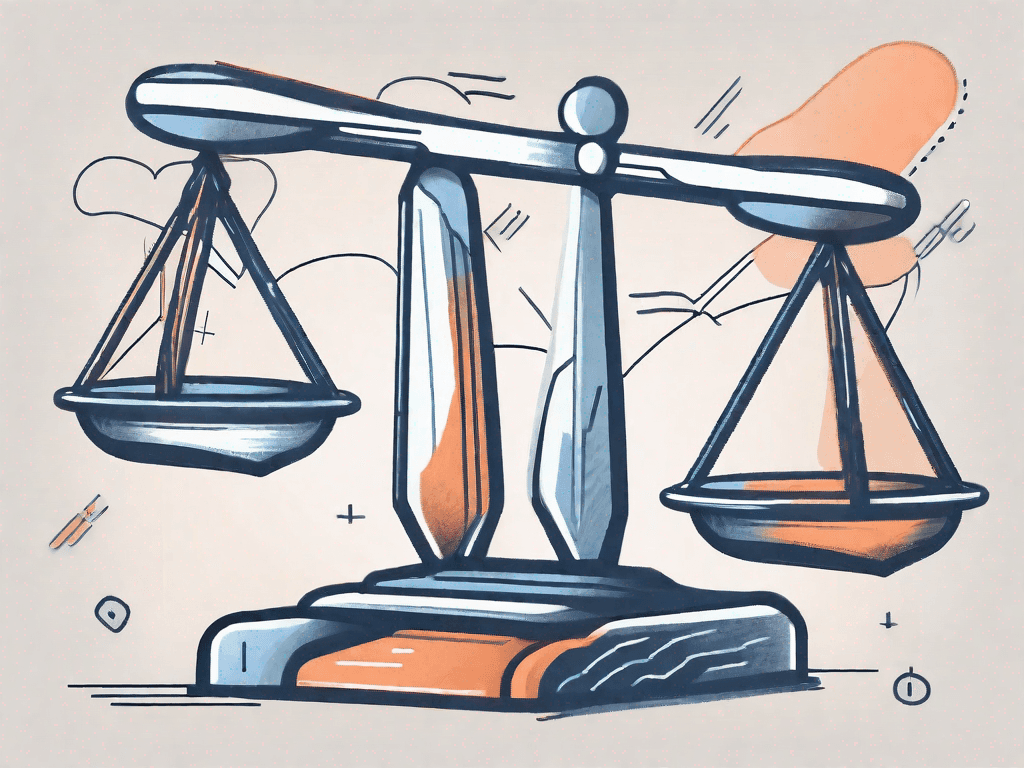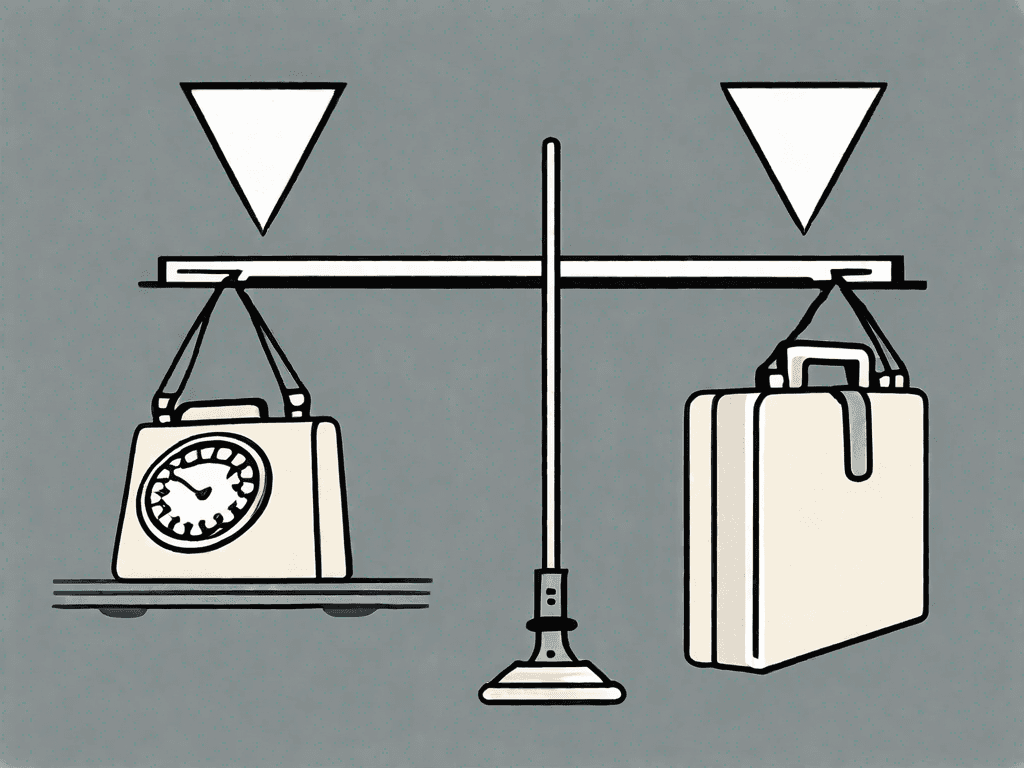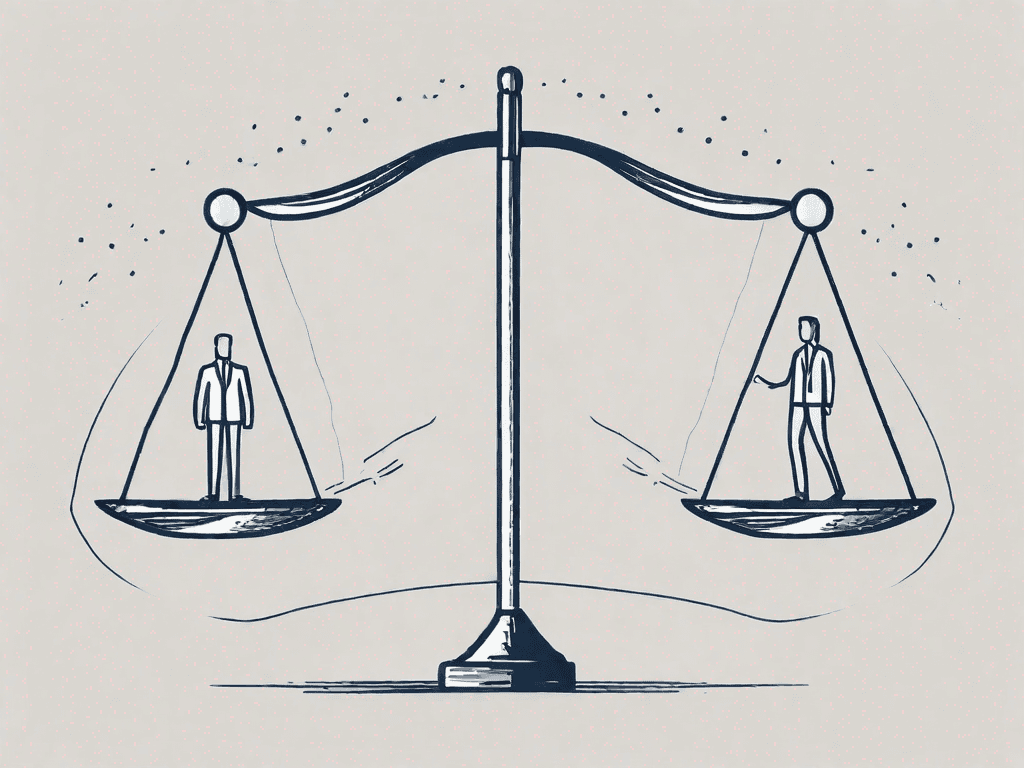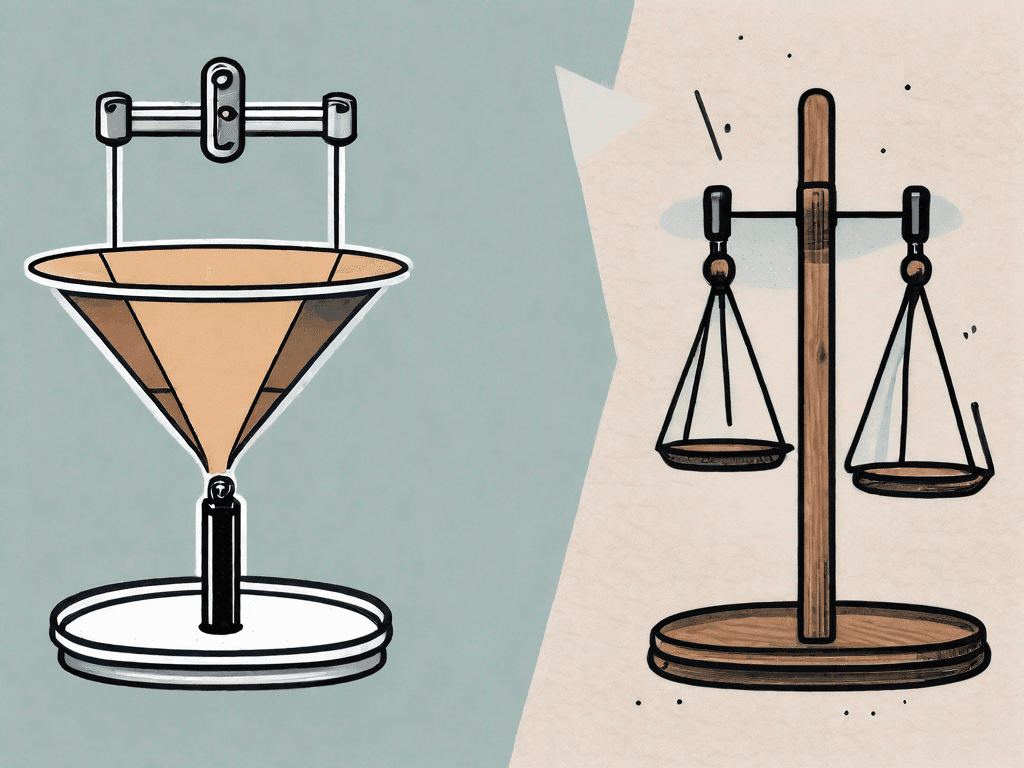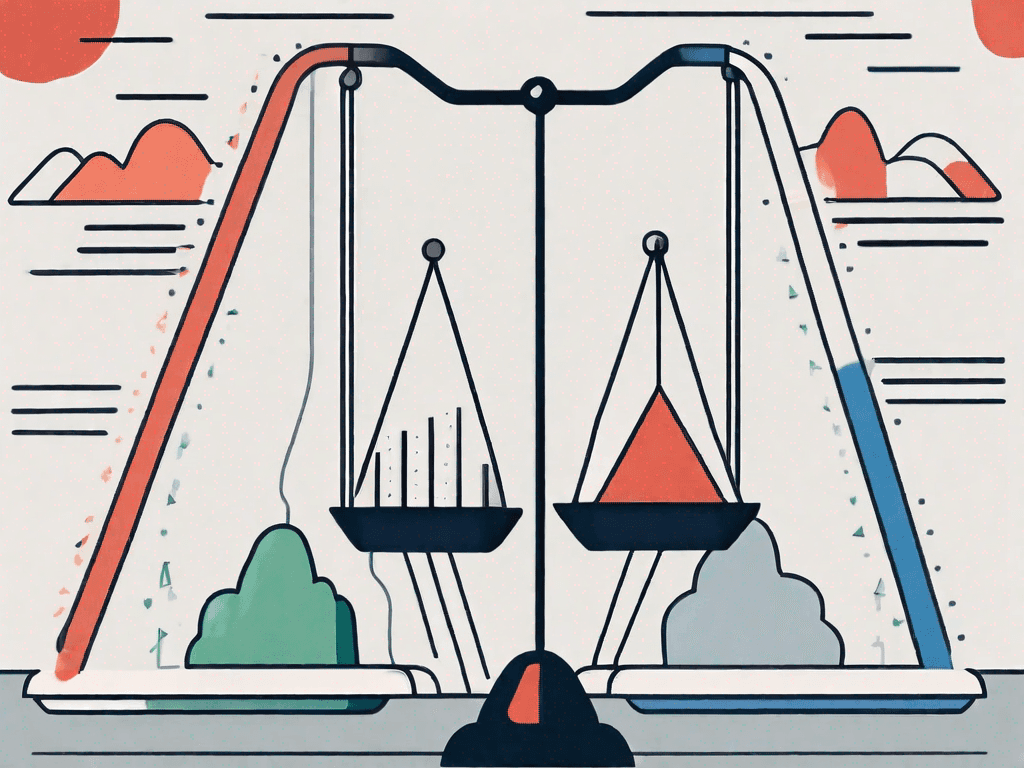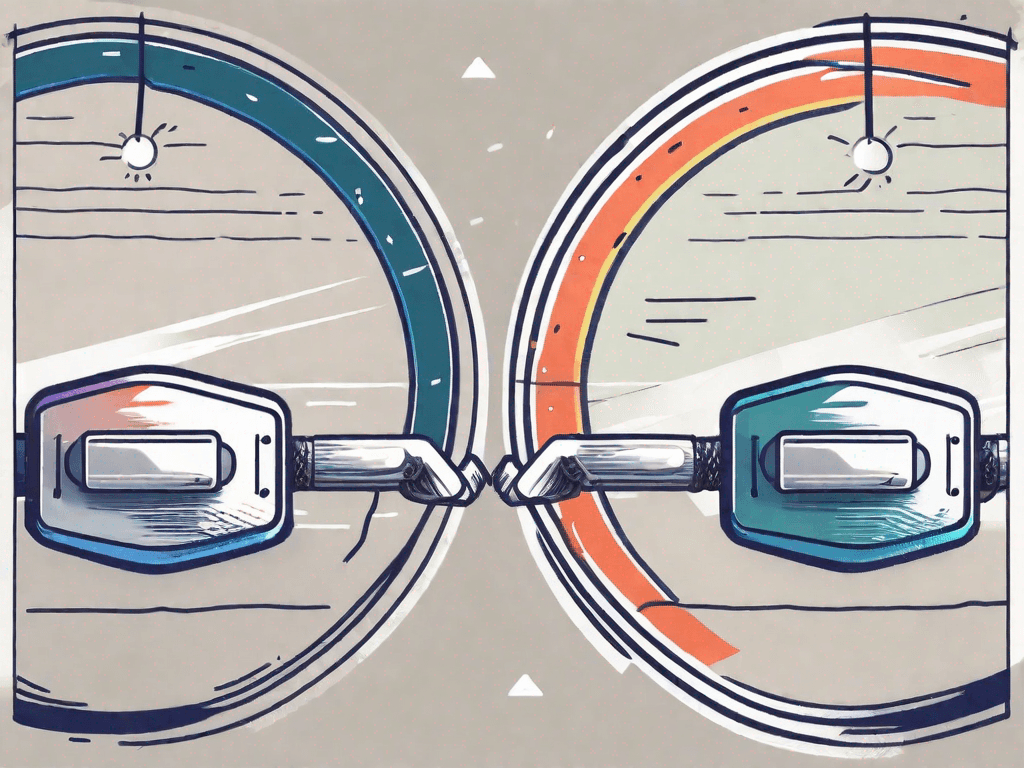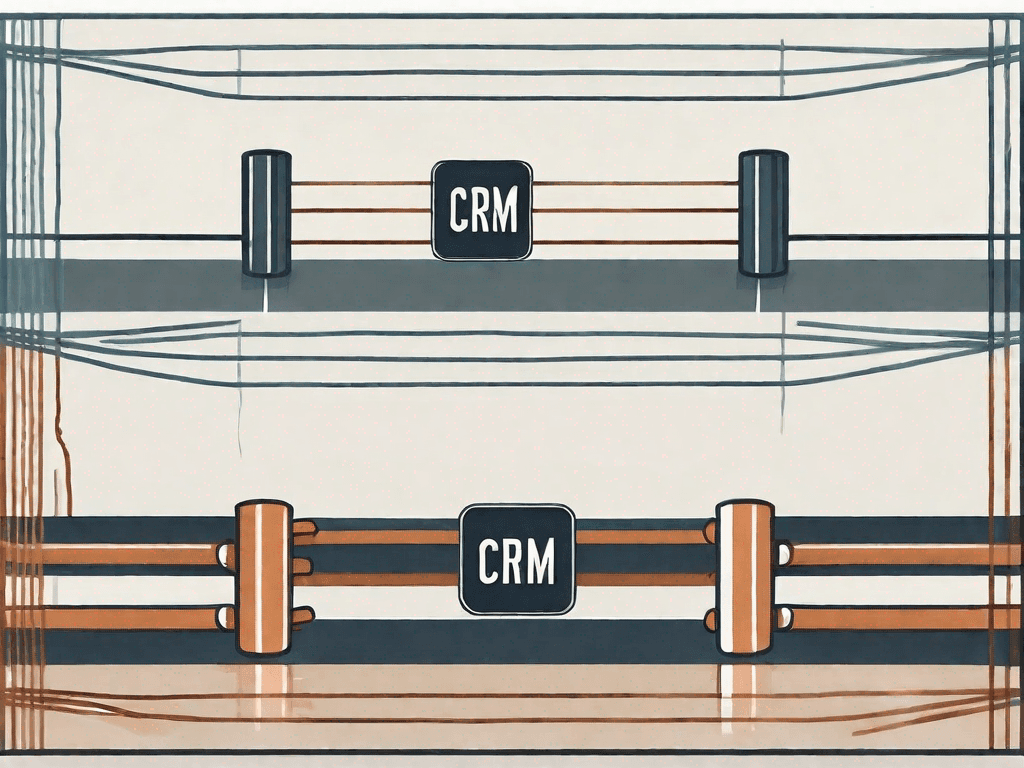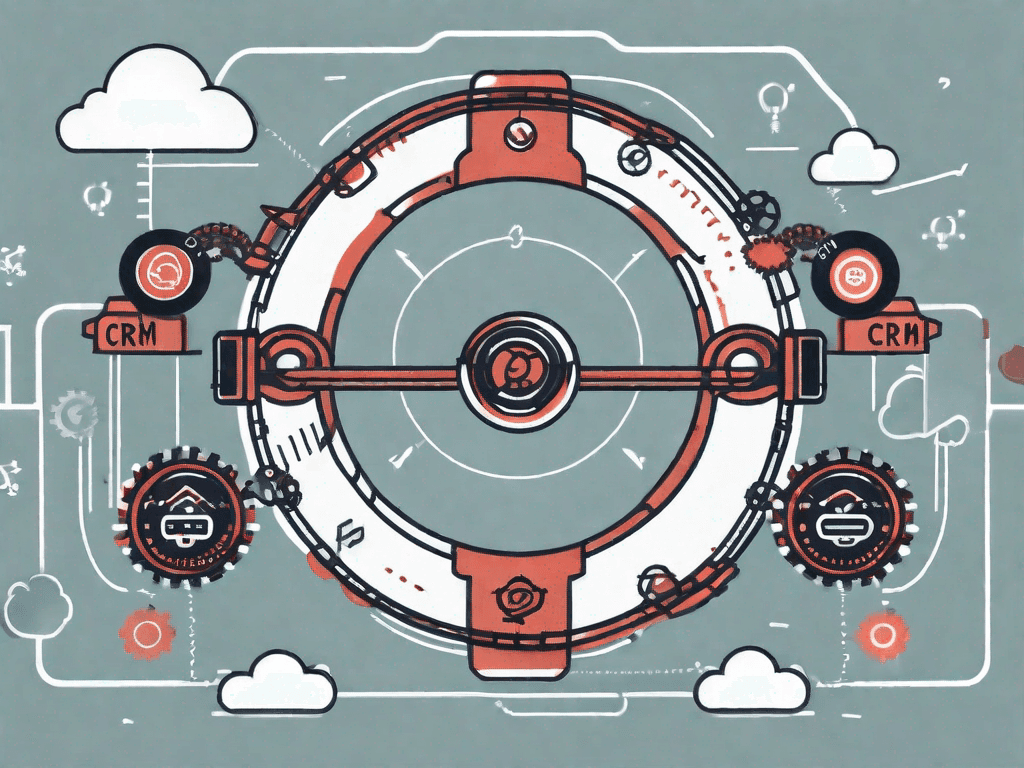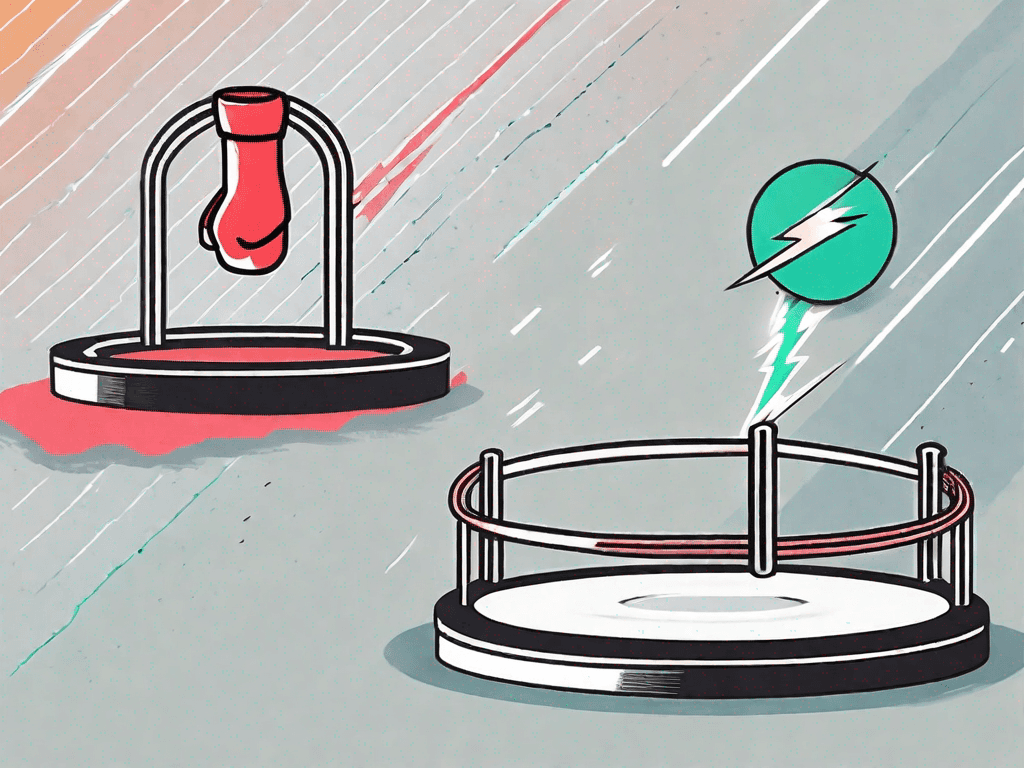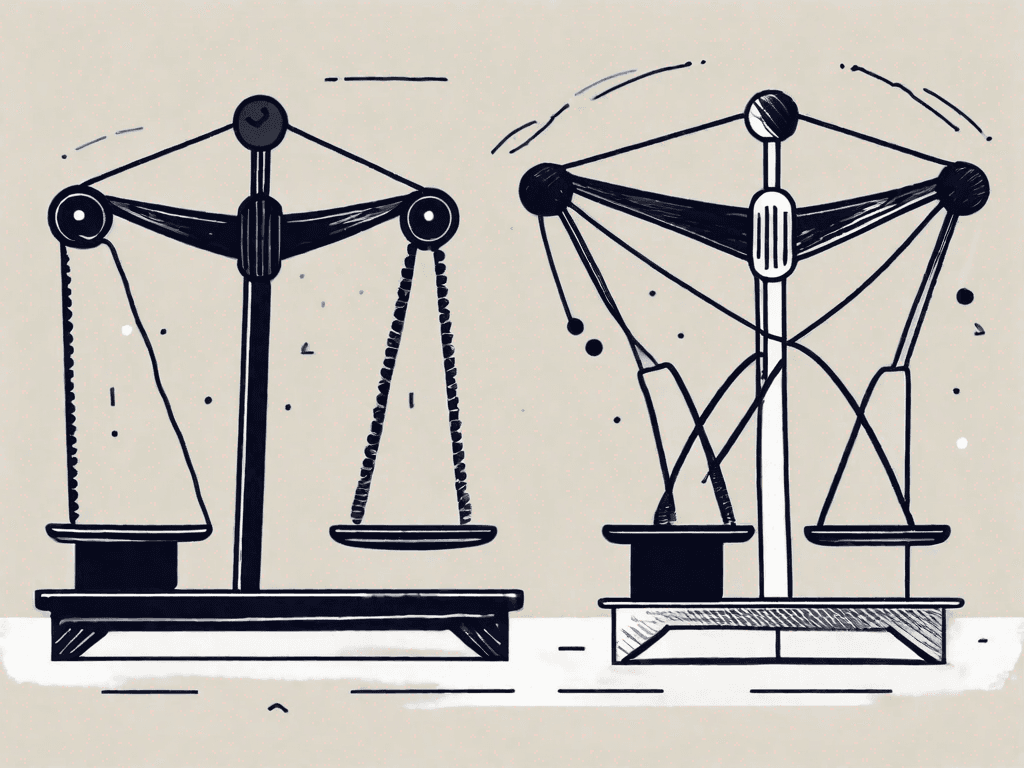
Hubspot vs Trello: Which CRM is the Best?
In the world of customer relationship management (CRM) software, two names stand out: Hubspot and Trello. These two platforms offer powerful tools to help businesses manage their customer interactions and streamline their processes. But which CRM is the best? Let's dive into the pros and cons of Hubspot and Trello to find out
Pros and Cons of Hubspot and Trello
Before we can determine which CRM is the best, let's explore the advantages and disadvantages of each platform. Let's start with Hubspot.
Pros of Hubspot
Hubspot is known for its comprehensive feature set. It offers a wide range of tools to manage your contacts, track your deals, and automate your marketing campaigns. Additionally, Hubspot's user-friendly interface makes it easy for even non-technical users to navigate the platform.
One of the standout features of Hubspot is its robust reporting capabilities. With detailed analytics and customizable dashboards, businesses can gain valuable insights into their sales and marketing efforts. The reporting feature allows users to track key metrics such as website traffic, conversion rates, and customer engagement. This data can be used to optimize marketing strategies and improve overall business performance.
Another advantage of Hubspot is its integration with other popular business tools. It seamlessly integrates with platforms like Salesforce, Gmail, and Outlook, allowing for a more streamlined workflow. This integration eliminates the need for manual data entry and ensures that all relevant information is synced across different systems.
Cons of Hubspot
While Hubspot offers a lot of features, it comes with a higher price tag. Small businesses on a tight budget may find the cost of Hubspot's plans to be prohibitive. However, it's important to note that Hubspot offers a free version with limited features, making it accessible to businesses with smaller budgets.
Additionally, some users have reported that Hubspot's customer support can be slow to respond to inquiries. This can be frustrating for businesses that rely on timely assistance to resolve issues or answer questions. However, Hubspot does offer a knowledge base and community forum where users can find answers to common questions and troubleshoot problems on their own.
Pros of Trello
Trello, on the other hand, is known for its simplicity and ease of use. Its Kanban-style boards make it easy to visualize and manage your tasks. Whether you're working on a solo project or collaborating with a team, Trello's intuitive interface makes it a breeze to stay organized.
Another advantage of Trello is its flexibility. With customizable boards and a wide range of integrations, businesses can tailor Trello to fit their specific needs. From project management to content creation, Trello can be adapted to streamline various workflows. The ability to create custom labels, checklists, and due dates allows users to prioritize tasks and ensure that nothing falls through the cracks.
Furthermore, Trello's collaboration features make it an ideal choice for teams. Users can easily assign tasks to team members, leave comments, and attach files to keep everyone on the same page. The real-time updates and notifications ensure that everyone is aware of any changes or updates to a project.
Cons of Trello
While Trello excels in simplicity, it may lack some of the advanced features and automation options offered by Hubspot. Businesses that require complex sales and marketing workflows may find Trello to be lacking in this area. However, Trello does offer power-ups and integrations with other tools that can enhance its functionality and bridge the gap.
Additionally, Trello's reporting capabilities are more limited compared to Hubspot. While Trello provides basic analytics such as task completion rates and activity logs, it may not offer the same level of detailed insights as Hubspot. Businesses that heavily rely on data-driven decision-making may find Trello's reporting features to be insufficient.
Key Differences between Hubspot and Trello
Considering the pros and cons of both Hubspot and Trello, it's important to highlight some key differences between the two platforms. One major difference is that Hubspot is primarily focused on sales and marketing, while Trello is more versatile and can be used for a variety of purposes.
Another distinction is that Hubspot offers more advanced automation options, while Trello places more emphasis on visual organization and collaboration. Hubspot's automation features allow businesses to streamline repetitive tasks, nurture leads, and personalize customer interactions. On the other hand, Trello's visual organization features make it easy to manage projects and tasks in a visually appealing and intuitive way.
Additionally, Trello's lower price point makes it a more affordable option for small businesses. Hubspot's pricing plans are tailored towards larger businesses with more extensive needs and budgets. However, it's important to consider the specific requirements and goals of your business when choosing between the two platforms.
How does HubSpot pricing compare to Trello?
Hubspot Pricing
When it comes to pricing, Hubspot offers a range of plans to accommodate businesses of all sizes. Their plans start at $50 per month for their Starter plan and go up to $1,200 per month for their Enterprise plan. The pricing varies based on the features and level of support included.
It's worth noting that Hubspot also offers a free CRM platform, which is a great option for businesses on a tight budget. While the free version has limitations, it still provides essential tools for managing your contacts and deals.
Trello Pricing
Trello, on the other hand, has a more straightforward pricing structure. They offer a free plan that provides basic functionality for individuals and small teams. For businesses that require more advanced features and additional integrations, Trello offers their Business and Enterprise plans at $12.50 and $20.83 per user per month, respectively.
Pricing Comparison
When comparing the pricing of Hubspot and Trello, it's clear that Trello offers more affordable options for small businesses. However, businesses that require advanced sales and marketing automation may find the additional cost of Hubspot's plans to be justified.
How do HubSpot integrations compare to Trello?
HubSpot Integrations
Hubspot boasts an extensive collection of integrations with popular tools and platforms. From email marketing software to customer service platforms, Hubspot seamlessly connects with other business systems to streamline workflows and improve efficiency.
Some notable integrations include Salesforce, Mailchimp, and Slack. These integrations allow businesses to centralize their data and automate various tasks, ultimately saving time and improving productivity.
Trello Integrations
Trello also offers a wide range of integrations to enhance its functionality. From communication tools like Slack and Microsoft Teams to project management platforms like Asana and Jira, Trello can be integrated with many popular business applications.
These integrations enable businesses to create a seamless workflow between Trello and other platforms, eliminating the need to switch between multiple tools and streamlining collaboration.
Which one is the Best for You?
The Best for Salespeople
For salespeople, Hubspot may be the better choice due to its advanced sales automation features and robust reporting capabilities. With Hubspot, sales teams can track their leads, manage their deals, and gain valuable insights into their sales performance.
The Best for Consultants
Consultants, on the other hand, may find Trello to be more suitable for their needs. Trello's visual organization and collaborative features make it easy for consultants to manage their projects, track their tasks, and collaborate with clients and team members.
The Best for Digital Marketing Agencies
When it comes to digital marketing agencies, Hubspot's comprehensive set of marketing automation tools makes it the ideal choice. From email marketing to lead nurturing, Hubspot provides the tools needed to streamline marketing efforts and drive results.
In conclusion, the best CRM solution for your business depends on your specific needs and budget. Hubspot offers advanced automation and comprehensive features but comes with a higher price tag. Trello, on the other hand, provides simplicity and flexibility at a more affordable cost. Consider your requirements and weigh the pros and cons of each platform to make an informed decision that will benefit your business in the long run.












![The 8 Best Social CRM Software in 2025 [Comparison]](https://framerusercontent.com/images/RYHyYapdgIi83BEWtMdX418.png)
![The 6 Best LinkedIn CRM in 2025 [Comparison]](https://framerusercontent.com/images/Luywfni7ZKjb19yghbhNPy4I4qQ.png)



![The 5 Best Twitter CRM [Comparison]](https://framerusercontent.com/images/EWcbvYnVZglJLO8jp3OlHkTvsHo.png)
































































































































































